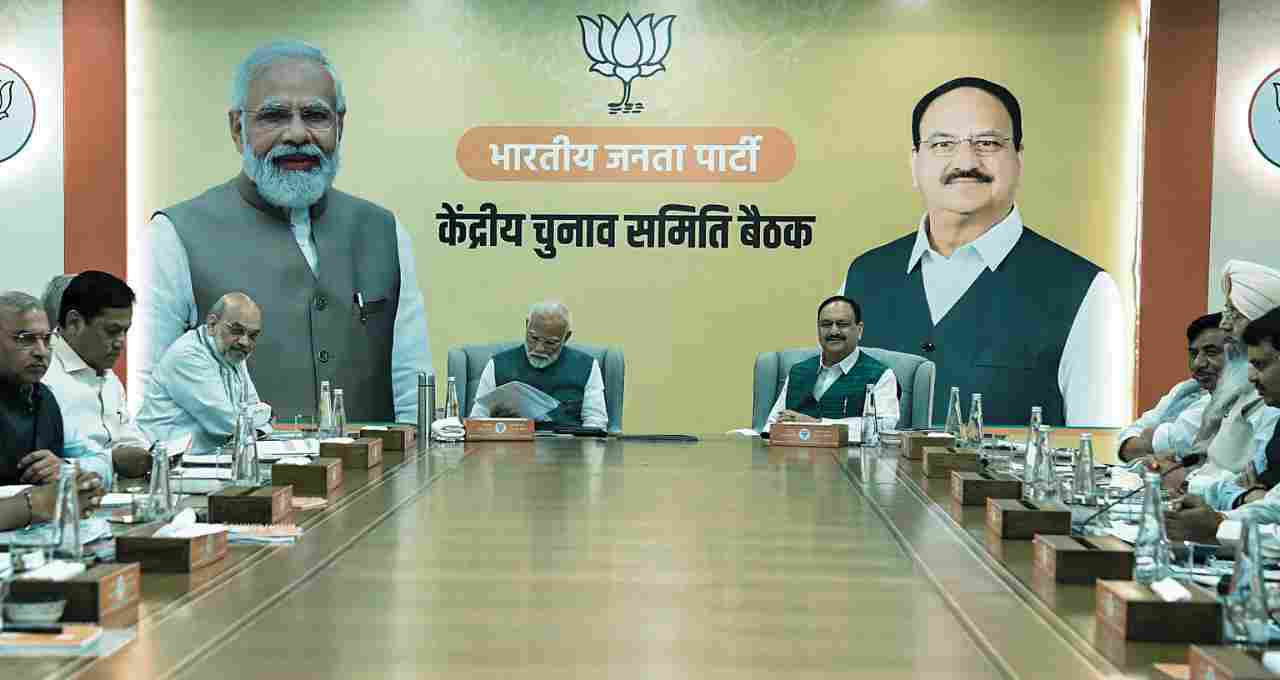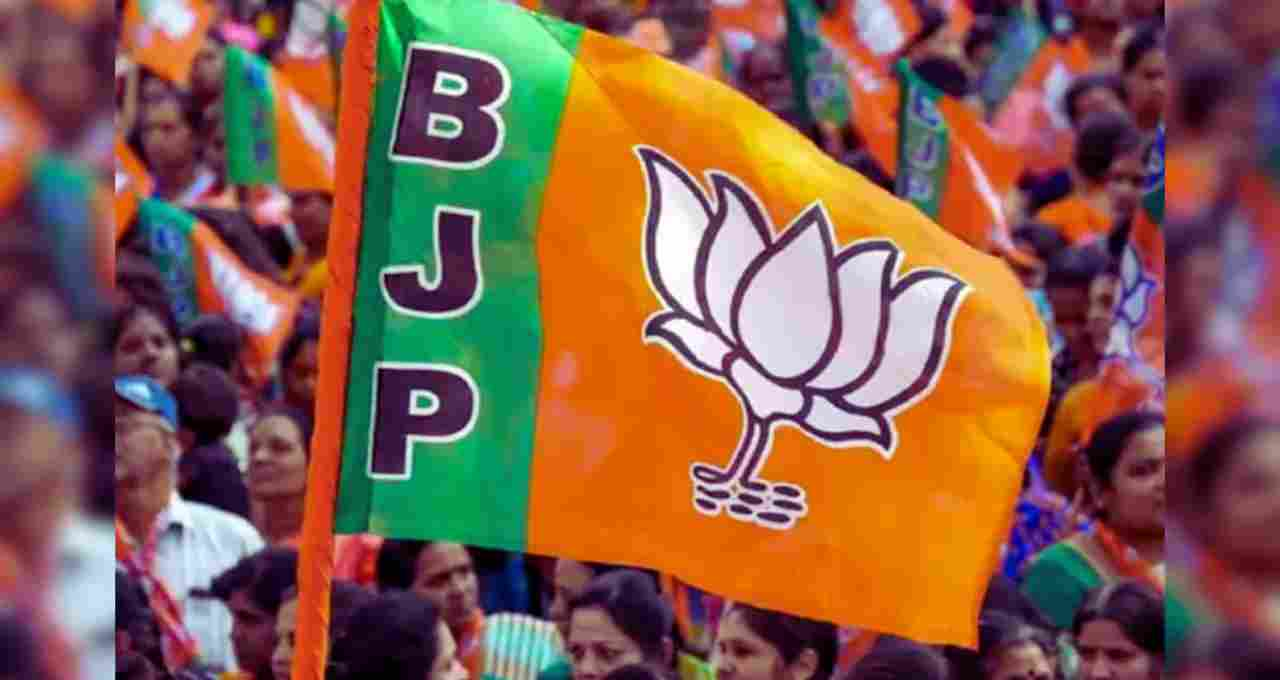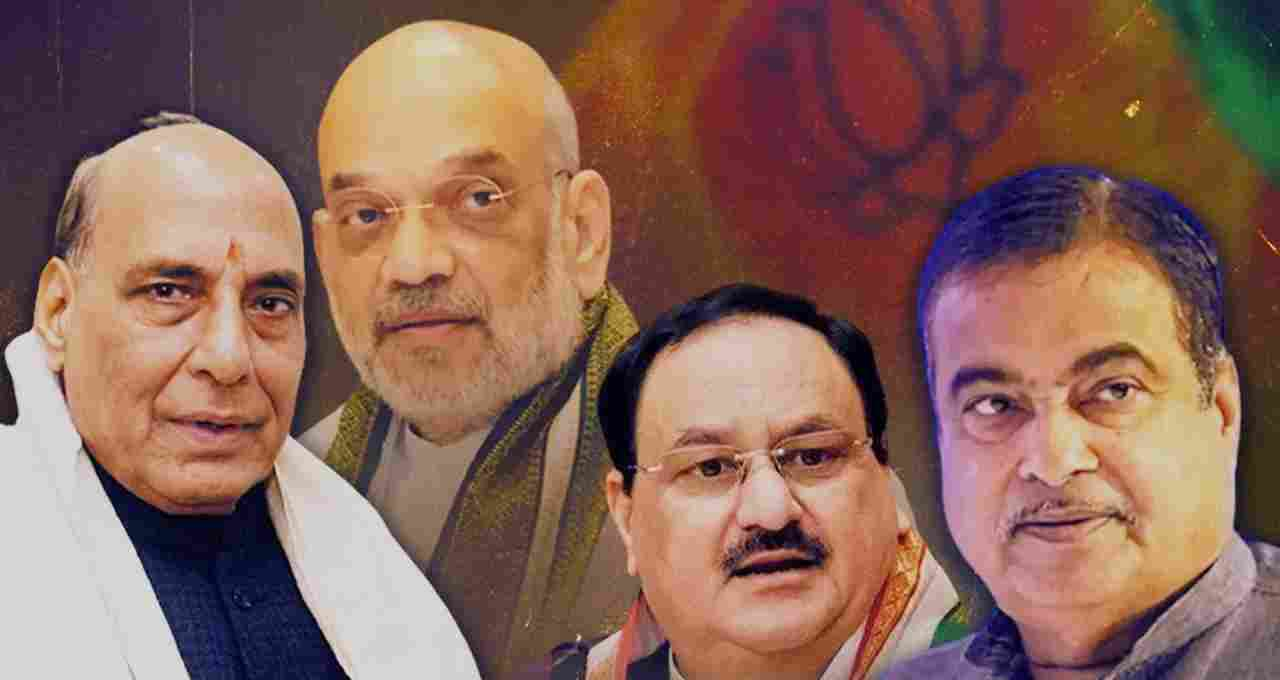Speculation is intensifying regarding the selection of the new national president of the Bharatiya Janata Party (BJP). According to the party's constitution, only a member with at least 15 years of continuous membership is eligible for the position. The election process involves elections at various levels, starting from the primary committee and culminating in the national council.
New Delhi: The BJP is currently buzzing with activity surrounding the selection of its new national president. Organizational elections are underway at the state level, and discussions about who will lead the party are widespread. But are you aware of the extensive and organized process involved in choosing the BJP's national president?
It's not simply a matter of proposing names; a comprehensive constitutional process, internal democracy, and interaction with the RSS are all integral parts. Let's understand the entire system, eligibility criteria, and traditions involved in becoming the BJP president.
Who Can Become the BJP's National President?
According to the BJP's constitution, to become the national president, an individual must have been a primary member of the party for at least 15 years and have served as an active member four times. An active member is defined as someone who has been actively involved in the party for at least three years and participated in party programs.
However, the party has made exceptions in some states, appointing leaders who recently joined the BJP as state presidents. The criteria for the national president's position, however, are stricter.
How Does the Election Process Begin?

The BJP's organizational elections begin with elections at the primary committee level. This is followed by elections at the mandal, district, and then state levels. The process for electing the national president begins only after organizational elections are completed in at least 50% of the states. For a candidate's nomination, their name must be proposed by at least five state national council units. The candidate must also give their consent.
The National Council Elects the President
• The BJP's national council elects the national president. The council comprises a number of members equal to the number of Lok Sabha seats in the country.
• If there is underrepresentation of any particular caste or women, the party makes constitutional adjustments to ensure inclusivity.
• The national election officer is responsible for announcing the election date, accepting nominations, and conducting voting if necessary.
Uncontested Elections So Far

In the BJP, there has never been a need for voting for the national president's position. Leaders are chosen by consensus, indicating that the top leadership and the organization reach a common opinion on a single name beforehand. While the entire election process—nominations, consent, date announcement—is carried out, ultimately, only one nomination is received, and the election is uncontested.
The RSS's Role: The Power Behind the Scenes
While the BJP's constitution doesn't formally mention the role of the Rashtriya Swayamsevak Sangh (RSS), the RSS's feedback is crucial in reality. Before selecting a party president, consultations are held with ministers, pracharaks, and senior officials associated with the RSS. The RSS possesses extensive organizational experience, and the BJP utilizes this network to identify potential candidates for the president's position.
The BJP's national organizational general secretary also comes from the RSS, and individuals trained by the Sangh are often given key responsibilities to maintain organizational balance.
Tenure and Limitations

The tenure of the BJP's national president is three years, with a maximum of two consecutive terms. After this, the search for a new face begins. Currently, several names are being discussed within the organization—some experienced leaders, and some newer faces are also being considered. However, if the BJP adheres to its constitution, the 15-year membership requirement automatically eliminates several prominent names.










